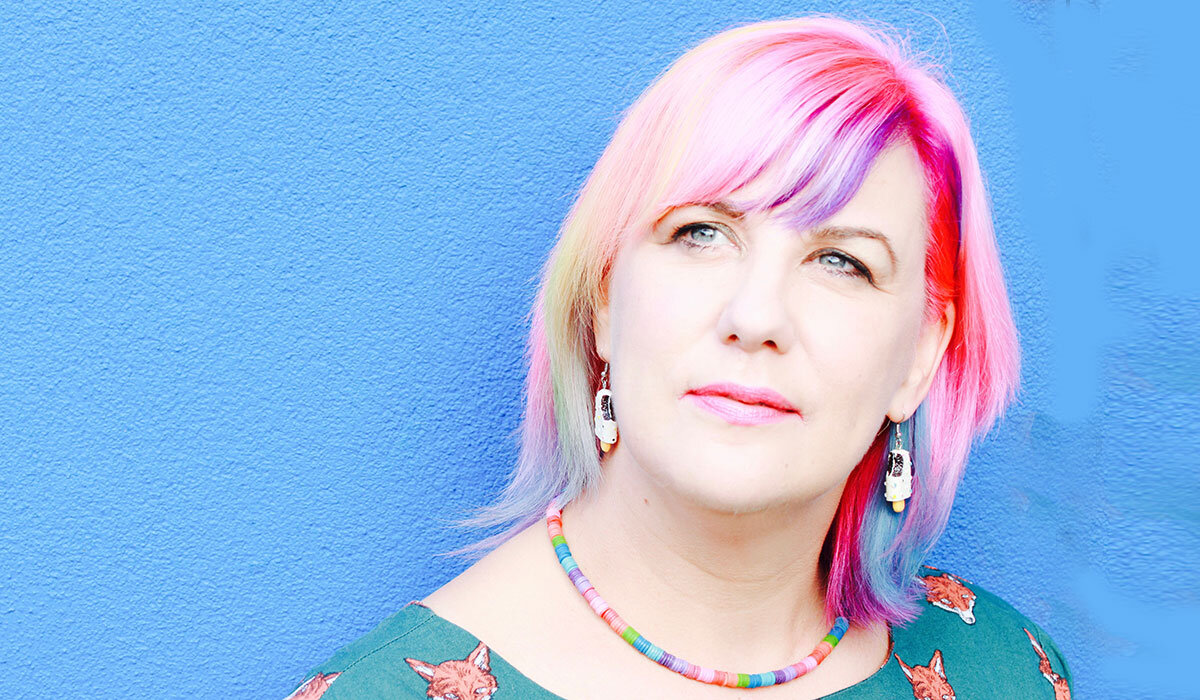
"I kind of pursued a diagnosis for political reasons, but I also just wanted that certainty."
Kate Fox
- on getting her autism diagnosis as an adult
Stories from the Spectrum: Kate Fox 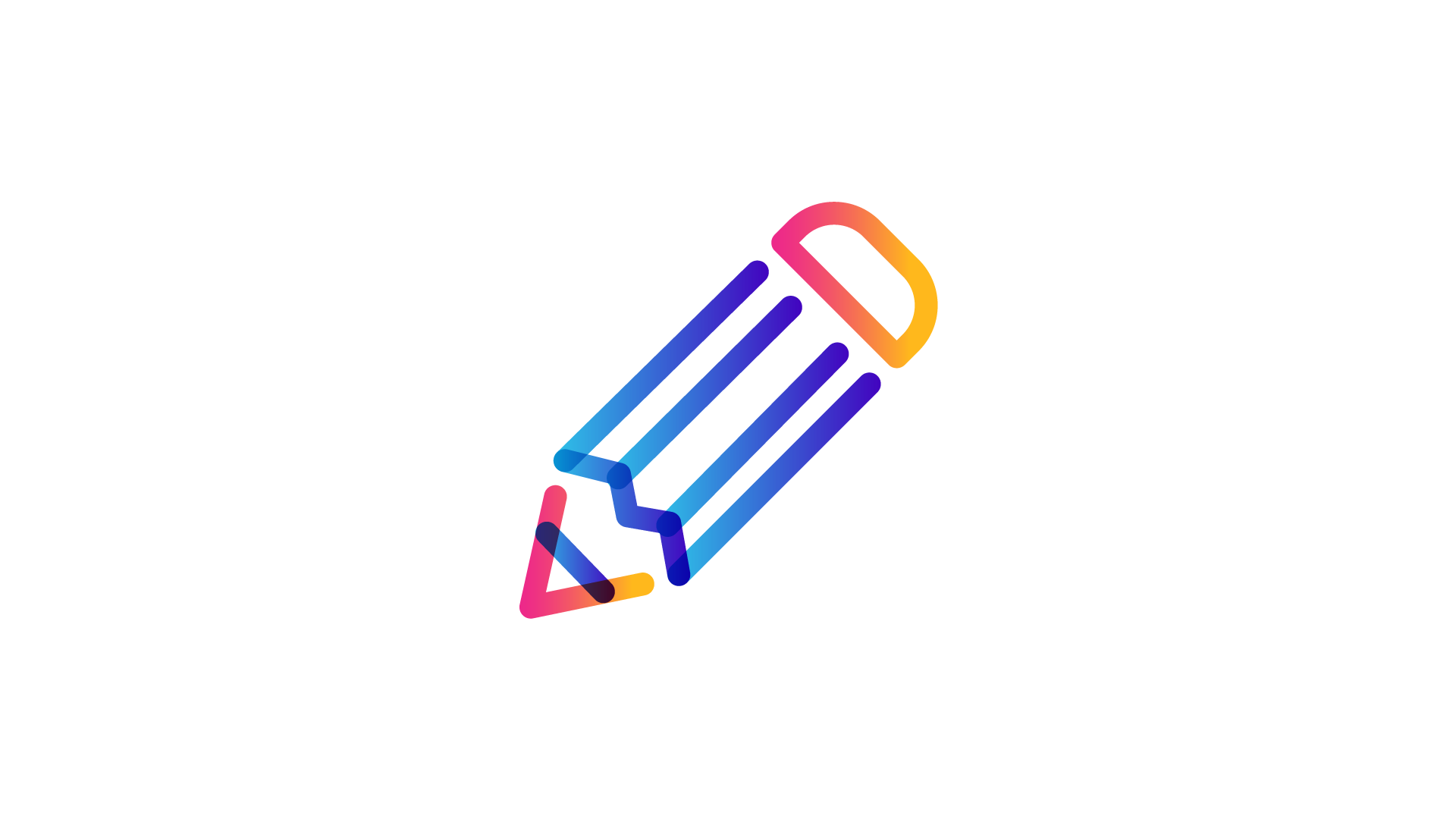
With World Poetry Day on its way, we caught up with Dr Kate Fox, autistic woman, poet, and comedian.
Kate has been busy working on a new poetry collection, The Oscillations, which will be released on 18 February 2021. Through these poems, Kate explores her experience of being autistic, and the complex rules of literal and metaphorical social-distancing.
Kate chats to us more about the creative process, writing poetry in the midst of a pandemic, and why being autistic is a work-in-progress for her.
When were you diagnosed as autistic and what made you seek a diagnosis?
I was diagnosed in the summer of 2017, when I was 42-years-old.
The thing that sparked me to actually get the diagnosis was performing at the Autism and the Arts festival earlier that year at the University of Kent. I met a lot of autistic women about my age, who were also performers, and I really identified with them. I think that was the first time I’d met diagnosed autistic people who were like me – people like Annette Foster and Georgina Watts. They were very political, and talked about the lost generation of autistic women, and how people need to speak out about it. I thought, ‘I can’t speak out about it if I’m left undiagnosed’.
I think self-diagnosis is valid. But what had been something in the back of my mind for several years became something I wanted to solidify.
So, I kind of pursued a diagnosis for political reasons, but I also just wanted that certainty. It was no longer enough for me to just go, ‘I think I’m autistic’. I wanted to get it nailed down.
"I kind of pursued a diagnosis for political reasons, but I also just wanted that certainty."
What is being autistic like for you?
I find that a really hard question!
Being autistic for me is being different from the majority of people. It’s part of my identity, but it’s also a new, developing identity – having only been diagnosed in 2017.
If I compare myself to non-autistic people, I seem to be a bit more obsessive and intense in my thoughts, I seem to have a few more sensory issues, my brain seems a lot busier, and I seem to be unusual in how I present myself and how I talk at times.
Being autistic is a work-in-progress! This develops the more I interact with other autistic people who are open about their identity and conscious of who they are.
Why do you think so many autistic women go undiagnosed or struggle to get the support they need?
I think the key reason why it’s still hard for autistic women and girls to get a diagnosis and support is that most of the initial research came from studies of autistic boys and men.
I don’t think there’s an inherent difference between autistic men and women. What there is a difference in, is how society treats and socialises males and females.
I’m glad there’s a lot of research on masking and camouflaging, and a recognition that a lot of autistic people (men, women, and non-binary people) will desperately try and fit into the environment they’re in. Many of us are really good at it. It so happens that a lot of women will mask, and then they don’t get diagnosed.
I would also say that the theory of the ‘extreme male brain’ is the least helpful thing that’s ever happened! I think it’s based on outdated science, and scientists generally don’t think of gender and neurology like that anymore. I think this still permeates the medical and psychiatric discourse around autism, even though it has largely been debunked.
This is why, as a society, we need ideas like neurodiversity to take over from these rather old-fashioned ideas.
Congratulations on your upcoming poetry collection, The Oscillations. Could you tell us a bit more about the book and how the project came about?
As a professional poet I’m always working towards my next collection of poems. Not long after I was diagnosed, I was approached by Jane Commane, the editor at Nine Arches Press. She said she’d always wanted to publish me, and I’d always wanted to be published by her!
I started pulling together the poems I had. At that time, a lot of them were about being from the north of England. I was looking to explore a sense of entwined place and identity. I was kind of happily getting on with that.
Then my marriage broke down, and I started writing a bit about that. Then the pandemic hit! Some poets wouldn’t have felt the need to respond immediately to the pandemic but I've always been a fairly topical writer, so I couldn’t not write about what was happening.
A lot of these poems felt like they were about being autistic, even if it’s not explicit. The word ‘autism’ isn’t in the poems or the collection. But I was writing about that sense of always having to work out how close or how far away I had to be from people. This is a big question for anyone, but particularly for autistic people. This then became very literal during the pandemic. So those things came together.
"A lot of these poems felt like they were about being autistic, even if it’s not explicit."
I divided the book in two. There’s a section called ‘Before’ (before the pandemic) and a section called ‘After’.
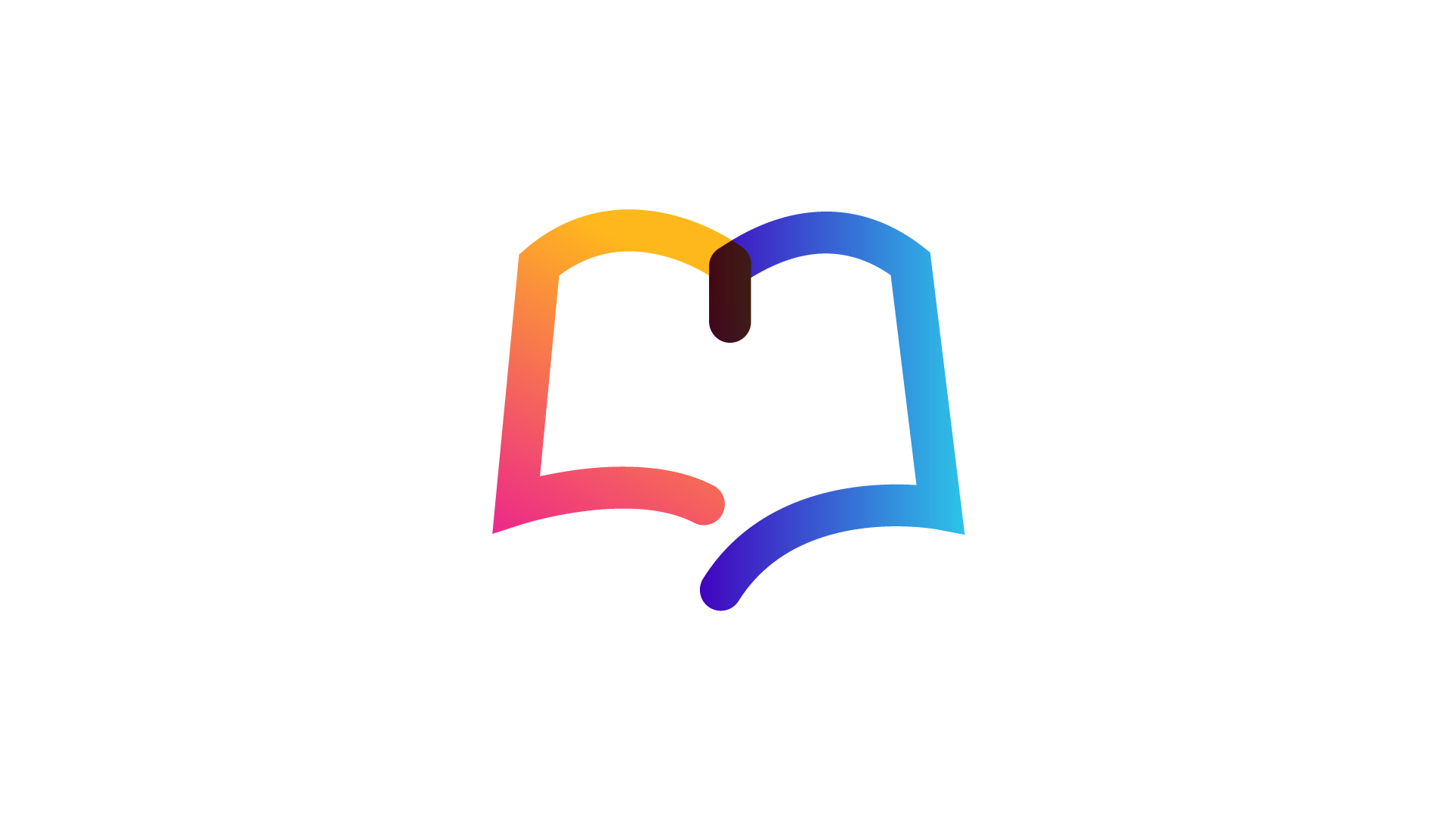
For me, the pandemic has shifted how I think and feel about so many things. I was going through a transition anyway – my divorce, my stepmother passing away in April. It was hard, but it all came together, and I was able to write through it. I couldn’t bring myself to read or watch TV, but I could write short poems.
It’s not the collection I thought I was going to write, and it’s not everyone’s cup of tea. For a lot of people, the last thing they want to do in the middle of a pandemic is read about a pandemic!
We love your poem What Could Be Called Communication. Could you talk a bit about the inspiration behind it?
The poem was inspired by my time at Autscape (an autistic conference). You can read it here.
I went to Autscape in 2019. It was such an amazing experience. I really did feel like I was part of this autistic community and culture. I was seeing myself in other people.
We were kind of told by the event organisers: ‘you need to regulate yourselves, because we can’t look after you, but we will make things as easy as possible for all your sensory and emotional needs.’ There were quiet spaces, a sensory room etc, and it was our responsibility to use them.
This really struck me, and I thought: should I have had more support and help than I’d been given? Was I a walking miracle because I had a full life, despite having this ‘condition’? It made me feel ok with things, and made me recognise how I could balance taking responsibility for myself and my needs, while also finding the right environment to do that in. People are going out of their comfort zone, but being supported to do so. The world isn’t Autscape, but maybe we can find those environments or ask for them more.
Do you have any tips for fellow autistic poets?
I do have an inkling that there should be an organisation that helps autistic writers. I do occasionally think, ‘I should make there be one’, but then I remember my executive dysfunction, and think ‘no’!
I think one of the hardest things for an autistic writer is that there are two distinct sets of rules you need learn, if you want to get involved in the writing world – as opposed to just writing for yourself:
Writing in the form you want to write in: Get good books on writing craft in the area want to write in. Nine Arches publish some brilliant books on writing contemporary poetry, so I’d recommend them, or a poetry ‘How to’ manual, and learn your craft.
Learn the unwritten rules of the world you want to enter: This is quite hard for a lot of autistic people, myself included. I think the only way to learn them is, if you can, go and immerse yourself in that world (eg the poetry world), a bit like how an anthropologist would. If you want to get published by a particular press, think to yourself: where else have the people who are published here been published? What else have they done?
Once you’ve done this, you’ll be able to move forward. I love to break the rules, but you have to know them to break them.
Are you working on any other creative projects at the moment?
Yes, lots!
I did a show about northern women called Where there’s muck there’s bras. A publisher has asked me to turn it into a book, so I’m currently doing that.
I’m also writing a play about an imagined meeting between the poet Ted Hughes and the comedian Bernard Manning. This partly comes out of my interest in northern-ness. That was commissioned by the Ted Hughes Poetry Festival.
I’ve got a lot of things on the go. Last year I think I was in quite a long period of autistic burnout and didn’t really care much about work. The enforced period of quiet and rest, due to coronavirus, really helped heal me.
The Oscillations will be released 18 February 2021 and costs £9.99. Order your copy on the Nine Arches Press website.
Visit the Spectrum magazine’s online poetry library
While you’re waiting for your copy of Kate’s book, why not visit the Spectrum poetry library? Browse our virtual shelves to enjoy some fantastic poems by talented autistic writers, from past and present editions of the Spectrum magazine.
Similar stories
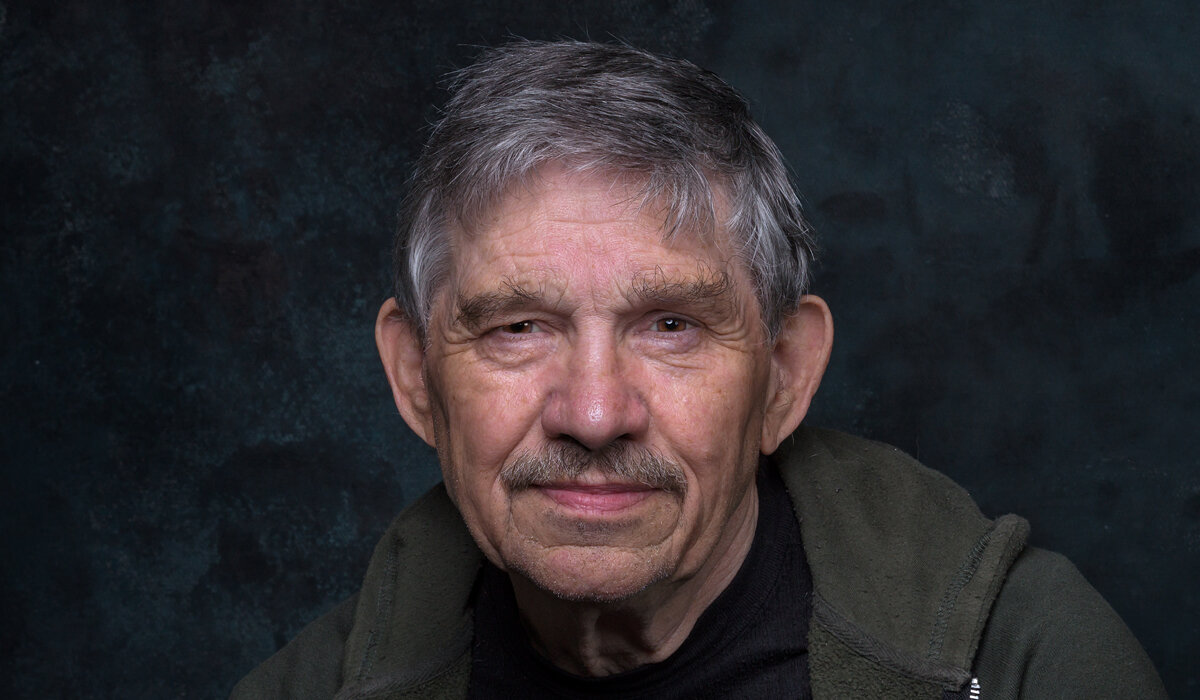
"Understanding that the way I process world is different made me realise the ways I had been treated in the past were not my fault."
Peter Street
- on his late autism diagnosis
Read more
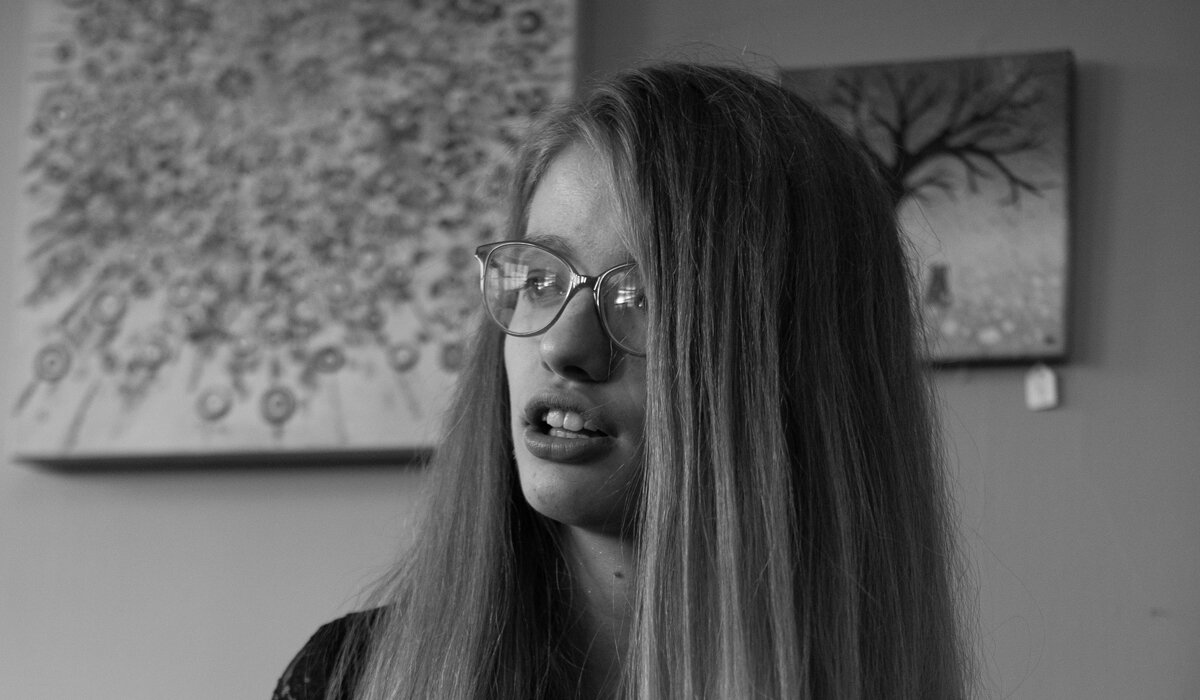
"I wrote about my Asperger syndrome to help people understand what life on the spectrum is like."
Ella Sanderson
- on expressing herself through poetry
Read more
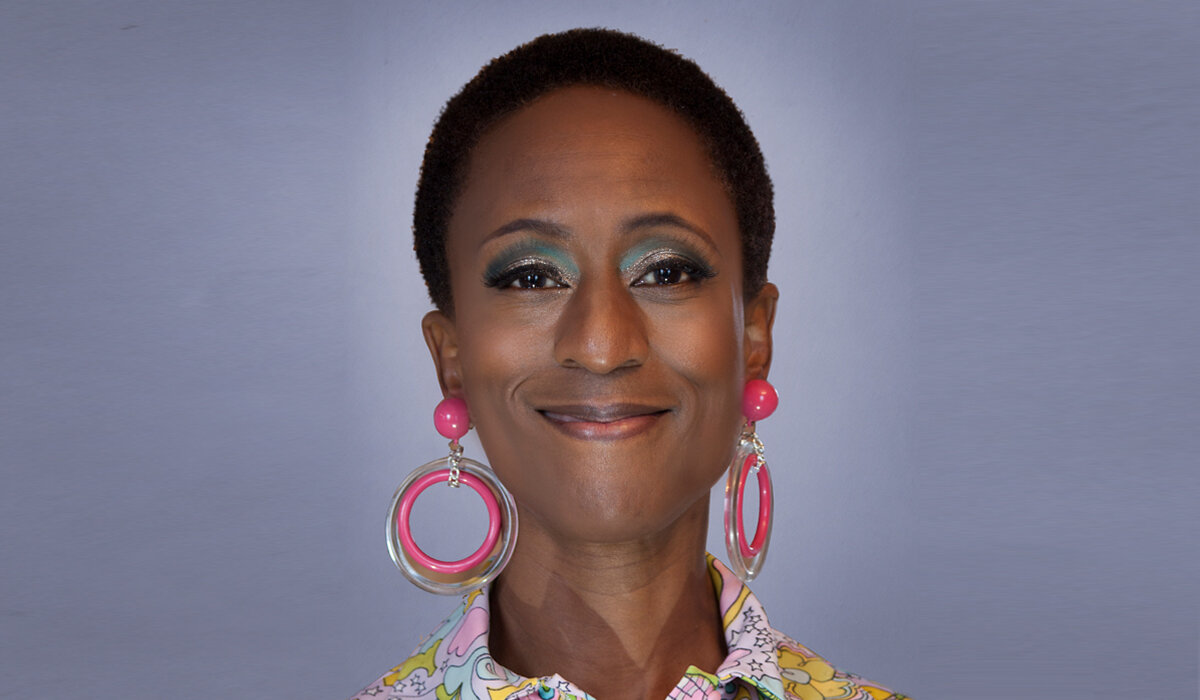
"I want to inspire autistic girls out there with a strong autistic heroine."
Patience Agbabi
- on writing her novel 'The Infinite'
Read more

The Spectrum magazine
Explore one of the UK's largest collections of autistic art, poetry, and prose. The Spectrum magazine is created by and for autistic people, and is available both online and in print.
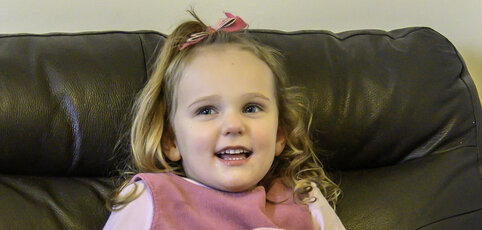
Autistic women and girls
More men and boys are currently diagnosed with autism than women and girls. The most up-to-date ratio is 3:1. There are various theories to explain this.






You are not alone
Join the community
Our online community is a place for autistic people and their families to meet like-minded people and share their experiences.
Join today